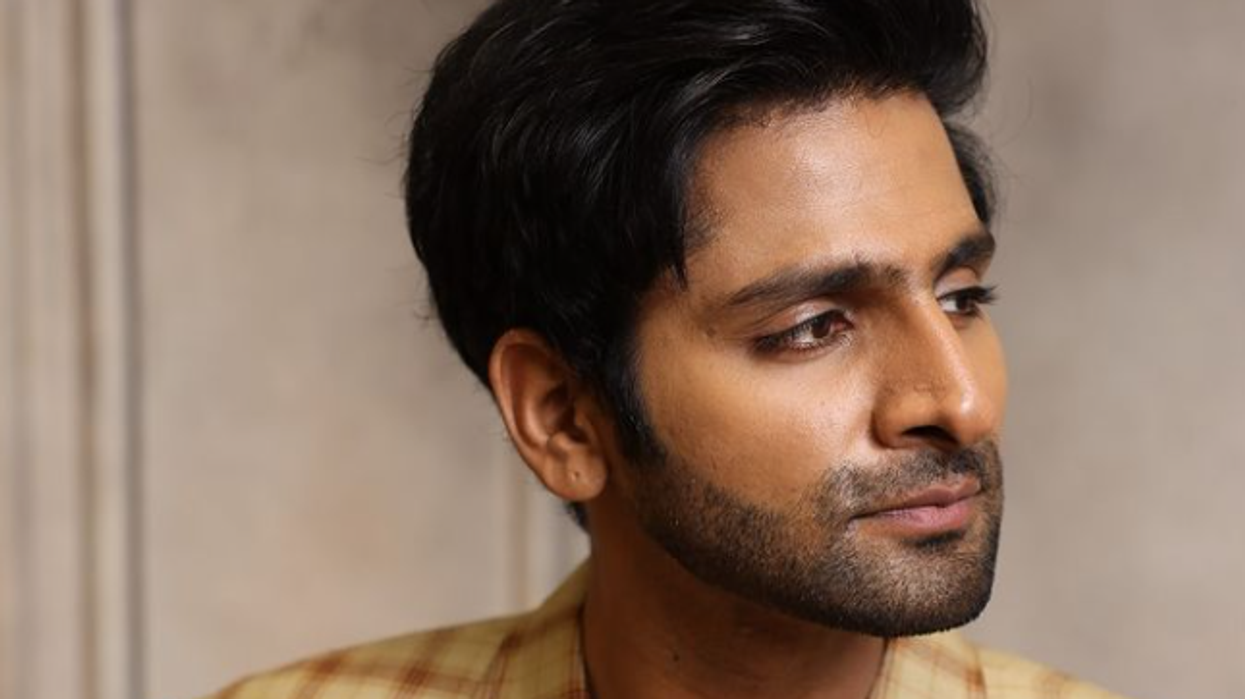VAIBHAV TATWAWADI has become a prominent name in Marathi and Hindi cinema with his versatile performances in films and drama serials.
From powerful supporting roles in Bollywood hits like Bajirao Mastani, Manikarnika: The Queen of Jhansi, and Article 370, to playing the lead in the 2024 supernatural horror A Wedding Story, Vaibhav continues to push boundaries. His recent turn in the action thriller series Commando further highlights his range.
In a chat with Eastern Eye, the actor reflects on his journey, inspirations, and aspirations.
What first connected you to acting?
I’ve always been drawn to performing. I participated in colony festivals as a child and began doing theatre in Nagpur from the second standard. Deep down, I’ve always been connected to this art form.
How do you reflect on your acting journey?
I feel blessed that I’ve been able to turn my passion into my profession. It’s been an incredible journey, and I consider myself fortunate to have worked with some stalwarts of Indian cinema.
Which role is closest to your heart?
There have been many, but I think Yas Chauhan from Article 370 holds a special place for me.
Which character challenged you the most?
Playing Chimaji Appa in Bajirao Mastani was particularly challenging.
What was the experience of working on Commando like?
Working on Commando was a fantastic experience. It’s an action thriller, and I had a wonderful time collaborating with the entire cast and creative team. Working with Vipul Amrutlal Shah (producer) was a pleasure, and the project was truly memorable.
What was it like playing the lead role in A Wedding Story?
It was my first Hindi film as a lead, and the experience was amazing. The entire team felt like one big happy family. I also had the opportunity to work with talented actors like Mukti Mohan, which made the experience even more rewarding. I’m glad people appreciated my performance.
A still from A Wedding StoryYou’ve worked in diverse genres, but which is your favourite?
It’s been motivating to explore different genres, but if I had to choose, drama is my favourite. It allows me to tap into deep emotions and explore complex characters.
Do you have a dream role?
I don’t have a specific dream role. I’m living my dream by being in this profession. My hope is to perform roles that eventually become dream roles for others.
Who would you love to work with?
There are so many wonderful directors and actors I admire. Rajkumar Hirani is definitely on my list. It would be incredible to collaborate with such creative minds and create magic onscreen.
What are your big passions away from work?
Dancing is a passion of mine aside from acting.
What inspires you as an actor?
Apart from the love and appreciation we receive, what inspires me the most is the chance to portray diverse characters and live different lives through them. Acting helps me mature and grow as a person by embracing new emotions and addressing vulnerabilities. That, to me, is the most rewarding aspect of being an actor.




